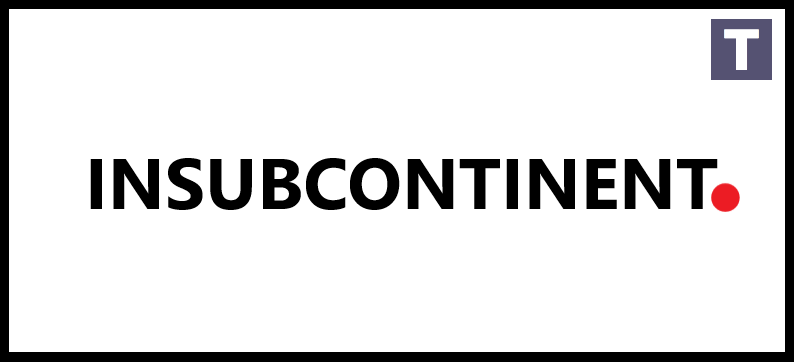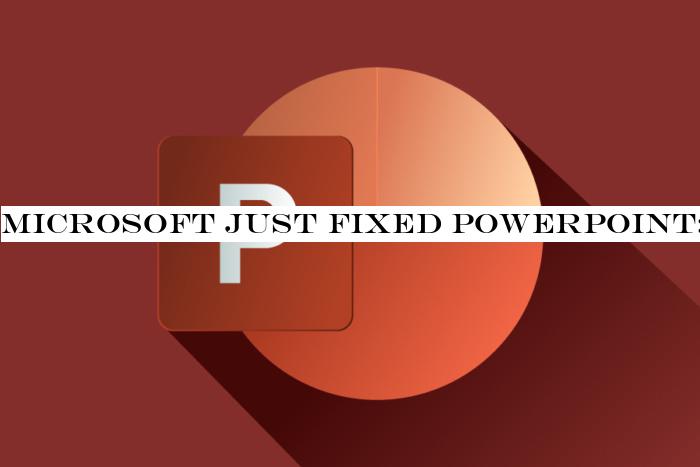Ann Marie Mehlum
Contributor
Ann Marie Mehlum serves on several boards, including Summit Bank, and is a senior advisor at FS Vector, Fenway Summeradvisory affiliate. Previously, she was associate administrator of Capital Access at SBA.
Javier Saade serves on several boards, is venture partner at Fenway Summer and is a senior advisor at FS Vector, Fenway Summeradvisory affiliate. Previously, he was associate administrator and chief of investment and innovation at SBA.
The two of us oversaw the U.S. Small Business Administration capital, investment, loan and innovation programs serving Americasmall businesses. The nation is rooting for our 30 million small businesses. They employ more than half of the country and create most net new jobs, and 80% of them have less than 60 days cash on hand.
The world has never experienced dislocation of labor and business activity at this scale and speed. We applaud Congress and the White House for stepping up with a $2 trillion relief package, of which, $350 billion is being injected into Americasmall businesses. Another $250 billion is being contemplated and negotiated as we write this.
Washington has been talking regularly with the financial sector, and for small business relief to be effective, banks of all sizes, fintechs, other tech companies, community banks and other capital conduits need to be involved in the solution. There is an urgent need to deploy the funds, and technology will be critical to that end.
Two encouraging developments occurred on Wednesday: 1) SBA launched a new AWS-powered gateway for a streamlined lender entry point and 2) an application for non-bank, non-insured (read: fintech) lenders was made available. Good steps for sure, but retrofits always come with limitations at their root.
Looking back to move forward, the crisis of 2008 was in many ways a &dress rehearsal& of what we are experiencing now. While there are some similarities, the pandemicmassive toll on virtually every sector of the economy is happening simultaneously, as evidenced by the fact that 17 million people have filed for jobless claims.
The financial crisis was driven by excess risk in the financial system whose shock rippled through our economy with some level of predictability. The number of exogenous factors of the pandemiceffect on our economy are more interconnected, more widely spread and faster to hit than those in 2008.
This 21st century problem requires 21st century solutions, and that requires fresh thinking, from policy-to-execution. The large part of our economy that lives at the intersection of small business and the financial system is expecting this thinking and execution.
It must be pointed out that some constraints and limitations of implementing the CARES Act are not regulatory in nature — they are born out of legacy technologies that slow banks down. The antiquated systems of our government agencies, such as SBAmuch talked about and clunky E-Tran system, do not help either.
Government agencies, let alone their systems, were not built to deal with anything of this magnitude and urgency. But the inherent scalability, penetration, infrastructure, algorithmic capability and plumbing of financial technology should be brought to bear, and now! More on this below.
The financial system has significant tech adoption lags, organizational inertia and regulatory constraints — all contributing to the chaotic nature of the programs& implementation. The design of a potential fourth phase of relief should take this into account. While pumping more money into small businesses is a good decision, the process and its underpinning needs to be improved.
We want regulators and agencies to help minimize the impact to American small businesses and implement the CARES Act in the spirit of what Congress intended. We don&t believe much cash has reached taxpaying citizens or small businesses as of this writing. According to the latest figures, SBA has guaranteed 25% of the relief. While this is an encouraging marker, it is still a small fraction of the $350 billion.
Probably more important for people to understand is that when banks secure loan guarantees, that does not immediately translate to funded loans injecting cash into small businesses.
For cash to move, a few things would help smooth the glide path from CARES Act to small businesses: 1) finalizing definitive guidance on bank notes; 2) enhancing secondary market liquidity; 3) developing a 21st century digital interface for more streamlined touch points for all stakeholders; and 4) opening the pathway to new players, including fintech companies as service providers, rails or lenders themselves.
This is important because SBA has been tasked to increase its capacity by a factor of at least 50. All of its credit programs combined put out $25 billion a year. The task at hand: $350 billion in 8-12 weeks. We know SBA has been working 24×7 — along with Treasury, FRB and other agencies — on systems, technology and execution, but there are real friction points working against solving the problem at hand.
The Federal Reserveliquidity backstop for SBA loans is welcome news, but it will take time to develop. Equally welcome news is FDIC easing on community bank leverage ratios. Regulators are considering relaxing additional prudent and temporary requirements and limits. This all assists the endeavor, yet there are still unanswered questions keeping lenders of all stripes on the sidelines.
The use of digital constructs and 21st century technology is highly needed due to the amount of dollars, number of loans and the short window we have to deploy them. We urge the SBA, other agencies and regulators to deploy energy and resources to leverage digital finance and financial technology.
Financial technology can help streamline applications, comply with know-your-customer and anti-money laundering rules and application automation. Technology also improves origination, underwriting, loan disbursement and loan servicing, and should be leveraged. Millions of small businesses, the most vulnerable ones in fact, don&t use bank credit. Yet many use Square to accept payments, for example. Fintech now has an open door to participate — good! We encourage regulators to fully leverage the collective capabilities of technology.
Not everyone has a printer, let alone the ability to walk into a bank — but most small businesses and their owners have mobile phones and a digital footprint. A number of fintech companies provide technology to banks themselves, and in those cases, banks should use this time with alacrity to leverage those capabilities. To be clear, fintech is no longer an innovation experiment, given the $200 billion that has been invested in financial technology since the financial crisis.
There is immeasurable pressure to get capital out on the one hand, but on the other, tight regulations create an equally forceful pull. COVID-19 has put a spotlight on the need to usher in a financial system that works for all, and technology is central to that. If there is a time to try new constructs, that time is now!
The problem with losing a job is that it is very hard to re-create. Preserving them, which is the guiding principle of all the recent government action — is energy better spent. Letfocus on preserving jobs and providing relief to our economybeating heart — small businesses.






